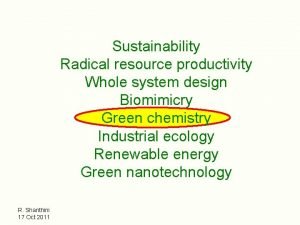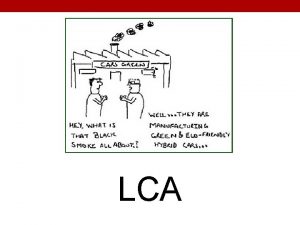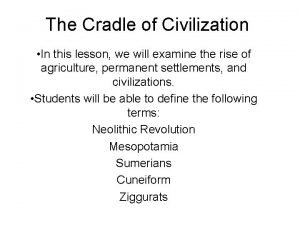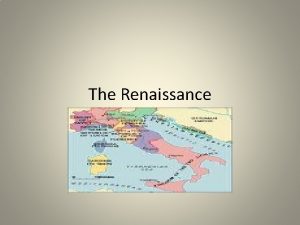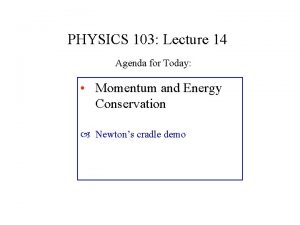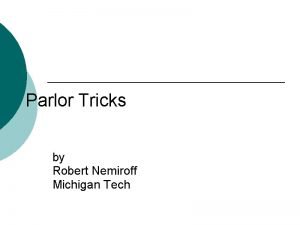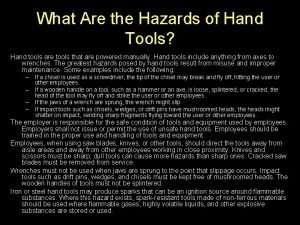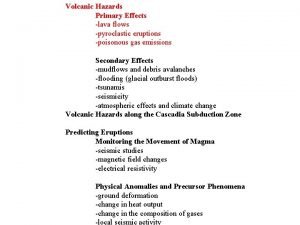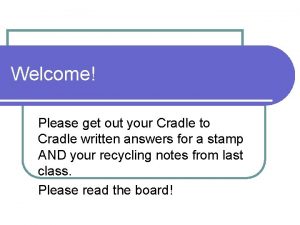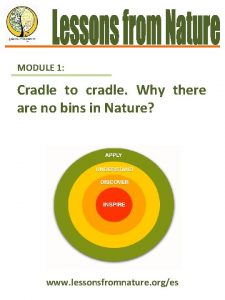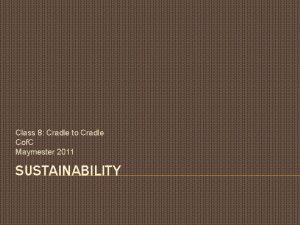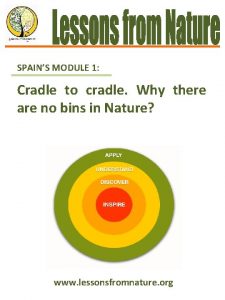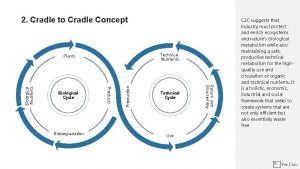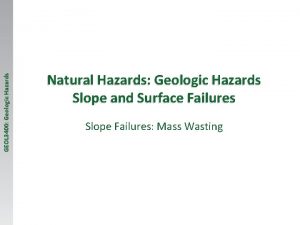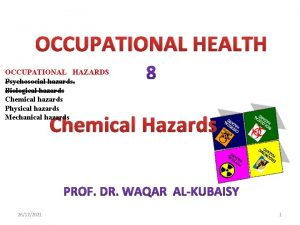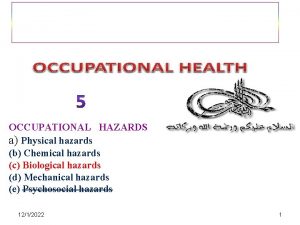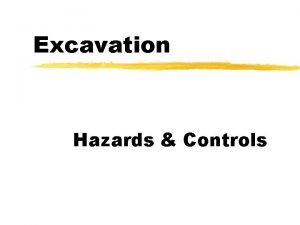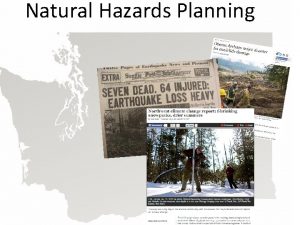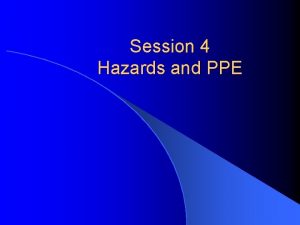Volcanos Cradle of life Hazards to life Volcanos


























- Slides: 26

Volcanos Cradle of life, Hazards to life

Volcanos – Cradle of Life • We have already discussed the probable connection between volcanos and the origin of life • Now we will examine the opposite situation – volcanos as hazards to life and property

Volcanos – fluid eruptions • Fluid eruptions are characterized by lava flows • There is little ash produced in comparison to the lava • Major threat is to property rather than life

Hawaiian lava flow and power lines

Truck – burned by lava, then encased in igneous rock

Lava flow crosses road

Hawaiian lava flow and house fire

Lava flow and church fire

Trying to stop the lava

Volcanos – explosive eruptions • Explosive eruptions are characterized by violent eruptions of gasses and ash

Explosive or “Plinian” Eruptions

Volcanos – explosive eruptions • Explosive eruptions are characterized by violent eruptions of gasses and ash • These eruptions produce “glowing clouds”

Explosive eruption and “glowing clouds”

“Glowing Clouds” • Columns of ash, drops of lava and gasses are shot into the air • Column reaches a certain height and the upward force is balanced by gravity • Gravity brings the ash and gasses back to the surface where they flow along the ground

Glowing Cloud on Mt. St. Helens

“Glowing Clouds” • Glowing clouds range in temperature from about 500 degrees (C) to nearly 1000 degrees • Because they are more dense than air, they hug the ground and move at speeds from 100 to 200 mph

Vesuvius

Vesuvius – 79 A. D. • The “type” example of a Plinian eruption • Pliny the Younger’s account of the eruption

Pompeii – 79 A. D.

Herculaneum – 79 A. D.

Casts from Herculaneum

Citizens of Herculaneum

Vesuvius Today – Naples and vicinity

Vesuvius Today • Approximately 1 million people live in the shadow of Vesuvius • Nearly 3 million people are nearby • A glowing cloud from Vesuvius would reach the Bay of Naples in about 5 minutes • Prediction of eruption is difficult • A catastrophe waiting to happen?

Other areas of Plinian risk • Long Valley Caldera, California • Valles, New Mexico • Yellowstone National Park

Additional Volcanic Hazards • • • Associated earthquakes Mudflows Acid precipitation – major source of SOx Particulate matter – blocks sunlight Short-term changes in climate
 Radical resource productivity
Radical resource productivity Cradle to grave cradle to gate
Cradle to grave cradle to gate Cradle to cradle boeken
Cradle to cradle boeken Cradle to cradle
Cradle to cradle The cradle of civilization
The cradle of civilization Golden cradle kindergarten
Golden cradle kindergarten J-hook pattern
J-hook pattern Comfort devices introduction
Comfort devices introduction Okonkwo's violent acts and consequences
Okonkwo's violent acts and consequences Cradle of liberty merit badge college
Cradle of liberty merit badge college Dynamics of machines
Dynamics of machines Newton's cradle
Newton's cradle Leg cradle to lateral lunge
Leg cradle to lateral lunge Cradle of the renaissance
Cradle of the renaissance Newton's cradle
Newton's cradle Newton's cradle tricks
Newton's cradle tricks Earliest childhood memories of rizal
Earliest childhood memories of rizal Cradle alignment technique
Cradle alignment technique Petri huhtanen
Petri huhtanen Pizzle eye
Pizzle eye Mesopotamia the cradle of civilization worksheet answers
Mesopotamia the cradle of civilization worksheet answers Cradle to grave
Cradle to grave Cradle to grave
Cradle to grave Cradle of liberty merit badge college
Cradle of liberty merit badge college Hand tool hazards
Hand tool hazards Primary and secondary effects of a tectonic hazard
Primary and secondary effects of a tectonic hazard Example of biological hazard
Example of biological hazard
